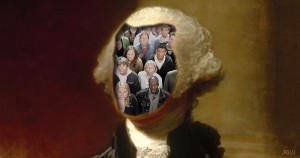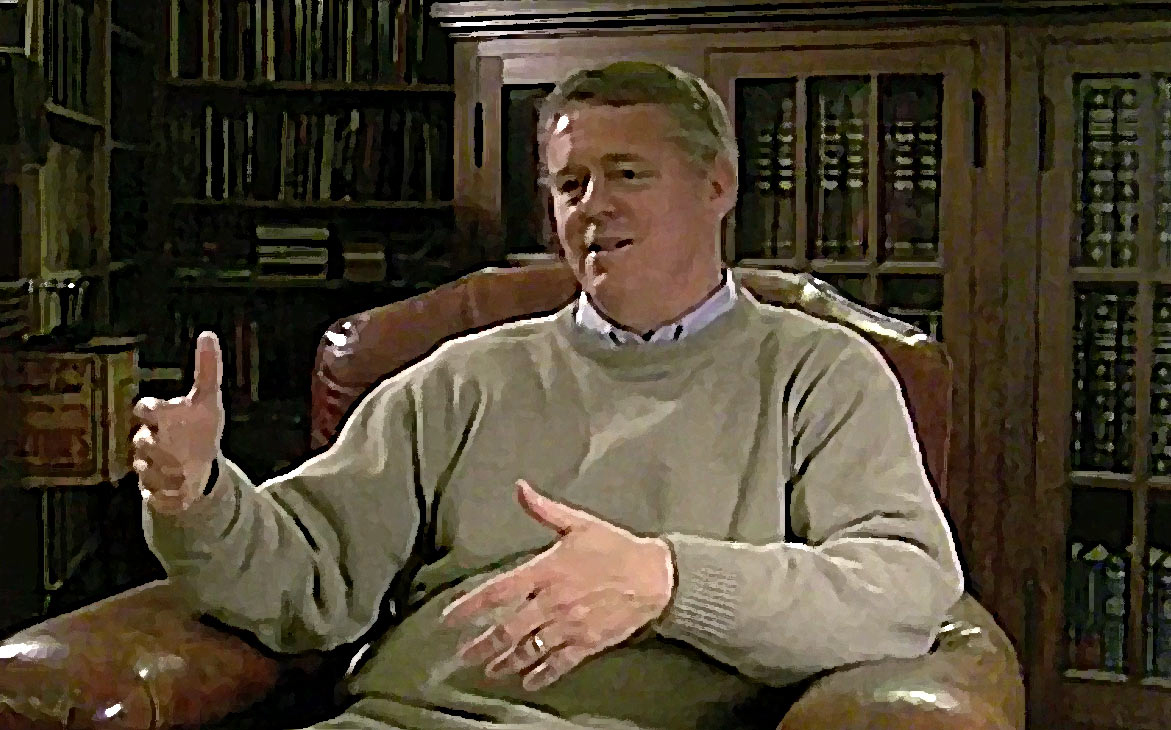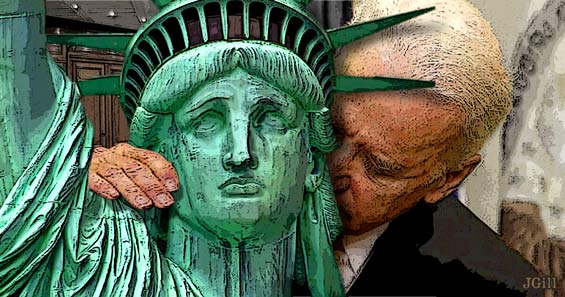Before the Brexit vote, the likelihood of British secession from the European Union garnered a mere 25 percent chance. That was according to European betting markets, which are usually more accurate. In June, the Brits voted Brexit.
Donald Trump has made much hay of this, understandably.
On Tuesday, the odds of a Trump victory hit the same mark: 25 percent.
Gwynn Guilford’s report on this was drolly titled “Donald Trump has the same odds of winning as Jon Snow ruling Westeros, according to betting markets.”
On June 11, Business Insider had reported that Hillary was increasing her lead; on October 18, it exulted that the Irish betting markets had “already declared a winner” — not Trump. On November 1, the news aggregator merely noted that Moody’s is calling the election a landslide for Clinton.
But BI is also covering the scandal that has disturbed the Clinton camp. There’s no love lost between the Federal Bureau of Investigation and the Department of Justice, explains Natasha Bertrand in “‘The Antichrist personified’: ‘Open warfare’ and antipathy toward Clinton is reportedly fueling the FBI leaks.” The meat of her representation is that “much of the agents’ frustration . . . may boil down to partisanship”; the FBI is “Trumpland.”
Yet the article ends quoting another FBI official insisting that both Trump and Clinton are awful candidates.
A plausible judgment.
Whether late-in-the-game revelations of Clinton corruption and FBI probing can defy current odds and produce a Clinton defeat remains to be seen. As of Thursday evening, polls-only forecasts placed the odds of winning at 67/33 in favor of Mrs. Clinton, while electionbettingodds.com placed them at 70.2/29.2.
This is Common Sense. I’m Paul Jacob.
N.B. Late-breaking Brexit news: The United Kingdom’s high court ruled yesterday that Parliament must vote to approve Brexit before the secession can proceed.







